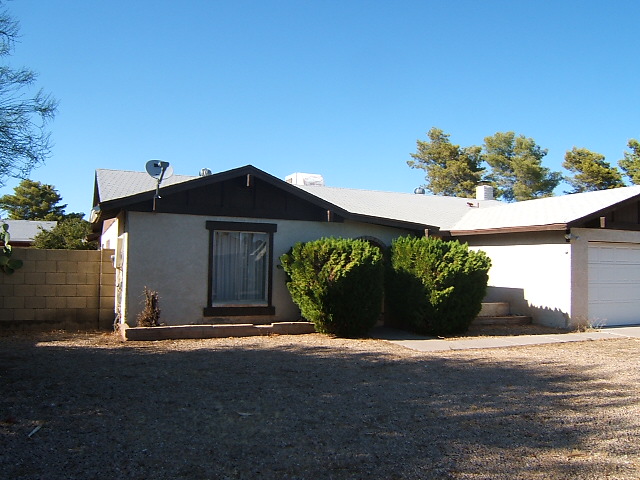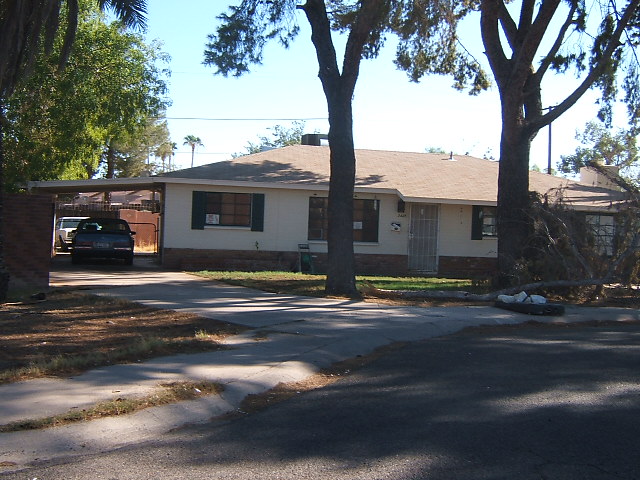This from my Arizona Republic real estate column (permanent link):
So we started with a $7,500 tax deduction for first-time home-buyers.
But that didn’t juice the real estate market enough, so we bumped the number up to $8,000 and made it a full-blown tax credit. If you owe $8,000 in taxes next April, your slate is wiped clean.
But even that didn’t juice the the real estate market enough, so this week Republicans — the alleged party of fiscal responsibility — proposed bumping the tax credit up to $15,000 and making it available to everyone — including billionaires.
How cool is that? You buy a $150,000 house, you get 10% back when you file your taxes. And you can file an early return to get the money now. And you can even finance the tax credit now and pay it back when you file your return.
You can’t — quite — use the tax credit as your down payment, but that “reform” can’t be more than inches and hours away. And a $15,000 down payment on an FHA loan buys you a $428,500 house.
Unfortunately, that’s more than the FHA limit for metropolitan Phoenix, so that limit will need to be “reformed” as well.
Paying people to buy houses would be insane if we actually had the money to back up our promises. But, since we don’t, these “reforms” are the mark of true statesmanship.
I’m helping an ambitious young couple buy their first home right now. We’re late to close, a common enough situation.
They just had their second child, an event mere bureaucracy cannot delay. Their baby boy — his name is James — is sweet and beautiful, healthy and smart, a perfect specimen of incipient humanity.
They’re taking the $8,000 tax credit, of course, as they should. The government doesn’t become less insane if you shoot yourself in the foot.
But it is sweet little Baby James who will pay for that tax credit, and for millions of others, and possibly for millions more at $15,000 a pop. Our economy runs on theft — and we’re running out of people to steal from.

